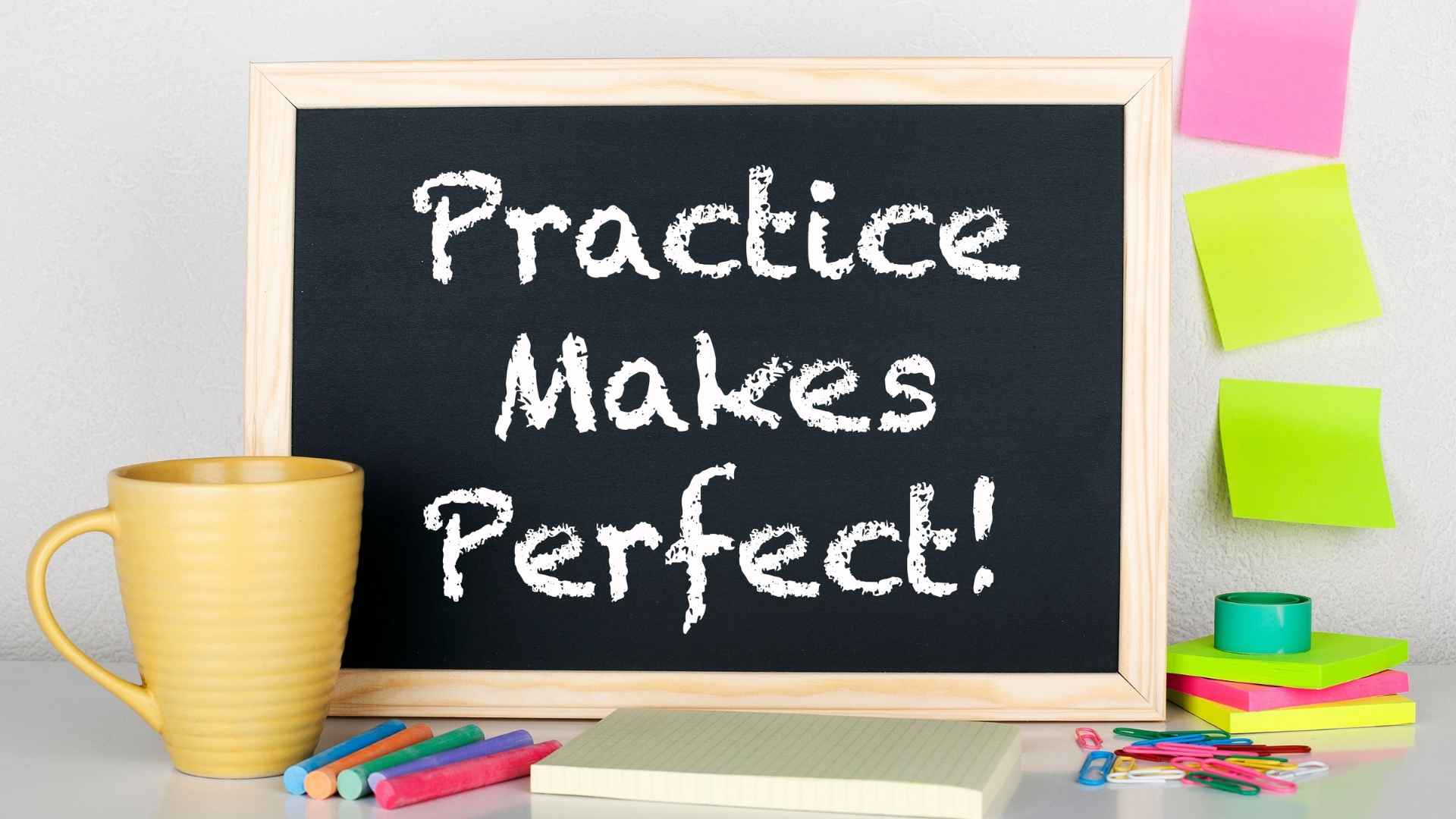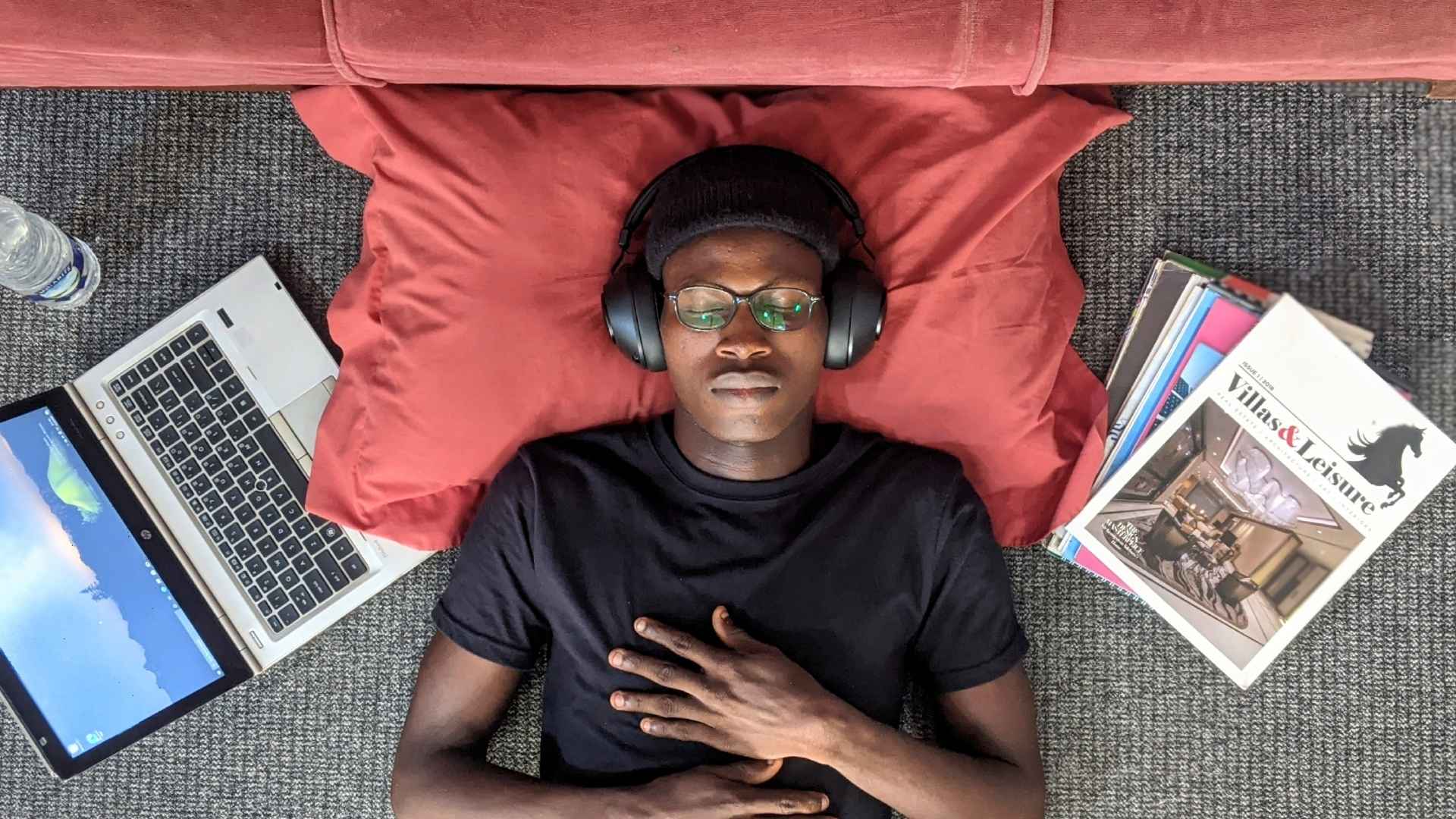We often get asked by students and clients alike, why we repeat the language patterns that we relay to clients in a hypnotic trance?
Well, there are a few reasons why repetition is so important for the brain. Firstly, people learn through repetition. Repetition builds pathways in our brain. If we repeat a positive story (say within hypnosis) then we start creating new positive patterns in our brain. This is extremely useful for someone suffering from anxiety or depression, especially when they’ve got into a pattern of thinking negatively!
We constantly repeat the following to our students: “The brain learns by repetition”. It’s a bit like learning to drive or teaching yourself a new language – do you do it once and master it? No, you need to repeat. This allows the brain to learn, so repetition is very good for us when learning new ways of thinking.
Another reason for repetition is a little bit more complex. You have one brain and two minds – the conscious and the subconscious. The subconscious has elements within it that are responsible for your survival (the fight, flight response) and it’s the subconscious that makes us feel anxious if it feels we don’t have control over life. It’s like a warning bell that can go off to alert us to danger. Now, that might be the potential danger of Covid-19 in current times, or it could quite simply be the bank statement arriving.
In order to help clients move forward, we help them understand how their subconscious mind works and explain that the fight/flight/anxious part of the brain loves repetition. Why does it love repetition? Well, that part of the brain believes that if it repeats today what it did yesterday, then it stands more chance of survival. Makes sense really. But, it sees change as dangerous. If we haven’t done something before then the brain hasn’t got a pattern of behaviour to refer to from yesterday, so it doesn’t know whether a potential change is survivable.
Let me give you an example:
Imagine you’re a caveperson a few hundred thousand years ago, and you’re coming out of your cave with a homemade bucket to go and collect water from a nearby stream. There are two routes you could take; a left-hand pathway or a much longer route via a right-hand pathway. Most days you have quite a lot to do, so you always take the left-hand pathway for efficiency. Because this is a well-trodden pathway, your subconscious mind knows where the dangerous bits are i.e. a bit of ledge you have to walk around that has a big drop or maybe some woods where wild animals might hide? So, your brain will go on alert as it approaches these known areas. However, it will also know where it can relax, such as that nice pathway where there’s a lovely view and you can see for ages and therefore relax knowing there are no wild animals around. Relaxing saves a lot of brain energy and reduces anxiety!!
But what happens if you come out of your cave one morning and there’s been a rockfall on that left-hand pathway which forces you to go the long way round via the right-hand pathway? Well, your brain doesn’t have a previous repetitive pattern to refer to and it doesn’t know where there could be dangerous bits or safe bits, so it starts to move into alert mode all the way along this pathway not knowing what’s around the next corner. This takes up a lot more energy and can make the brain anxious.
It’s a bit like giving a presentation for the first time or doing something outside our comfort zone – the subconscious starts knocking on the door asking “Are you sure you want to do this”? Once we have been down the same path a few times, we relax! Hence, when in trance, if we’re going down a pathway we’ve been before, the subconscious mind feels safer and thereby less defensive. We know this allows it to become more accepting of positive suggestions in a trance state.
So yes, repetition is very good for the brain!


